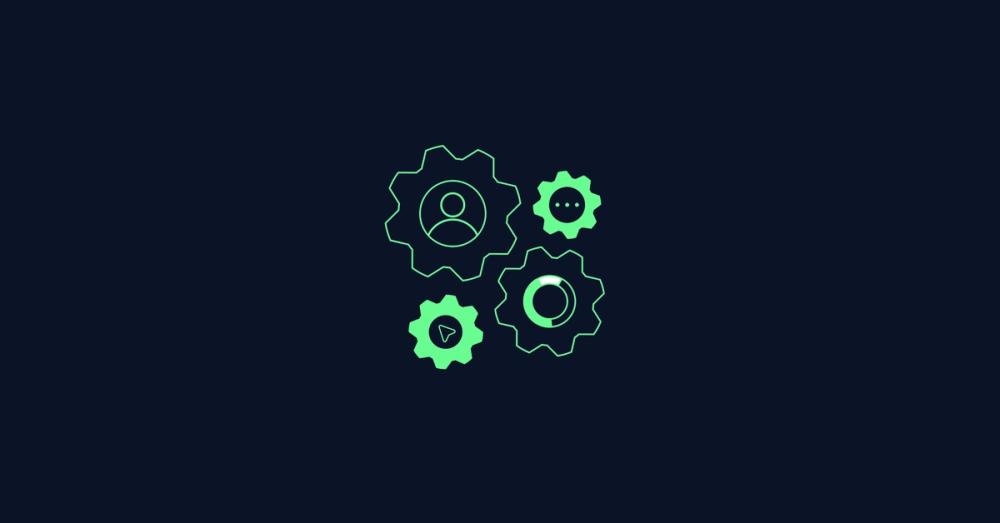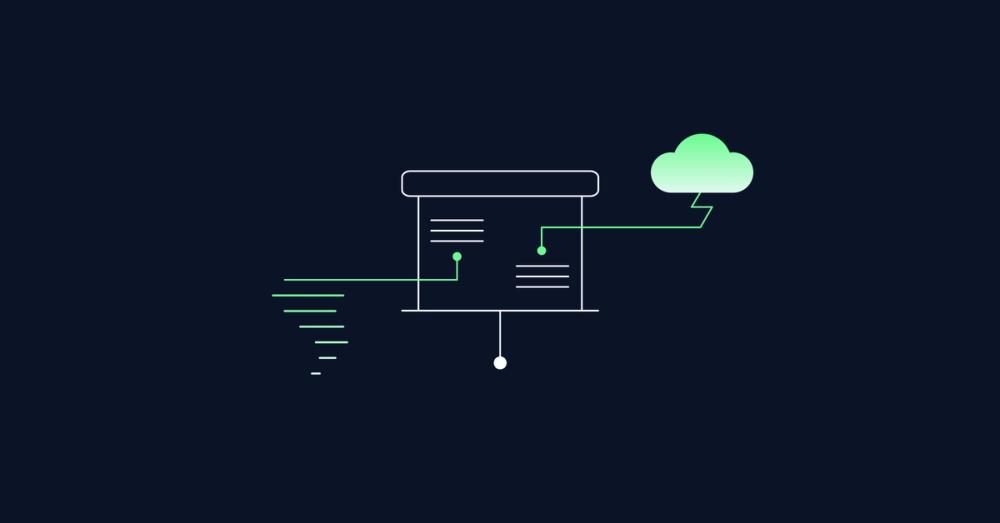The Difference Between a Website, Homepage and a Weblog
This post is part of a series
The Must-Know Benefits of CMS for Your Company
What is a content management system (CMS)?
5′ reading timePersona x CMS
11′ reading timeHow Structured Content Benefits Marketing and Product Teams
8′ reading timeHow to Own the Data of Your Research Repository – and Why It Matters
4′ reading timeHyperlinks – Anchor vs. Button Tags
6′ reading timeThe Difference Between a Website, Homepage and a Weblog (currently reading)
4′ reading time
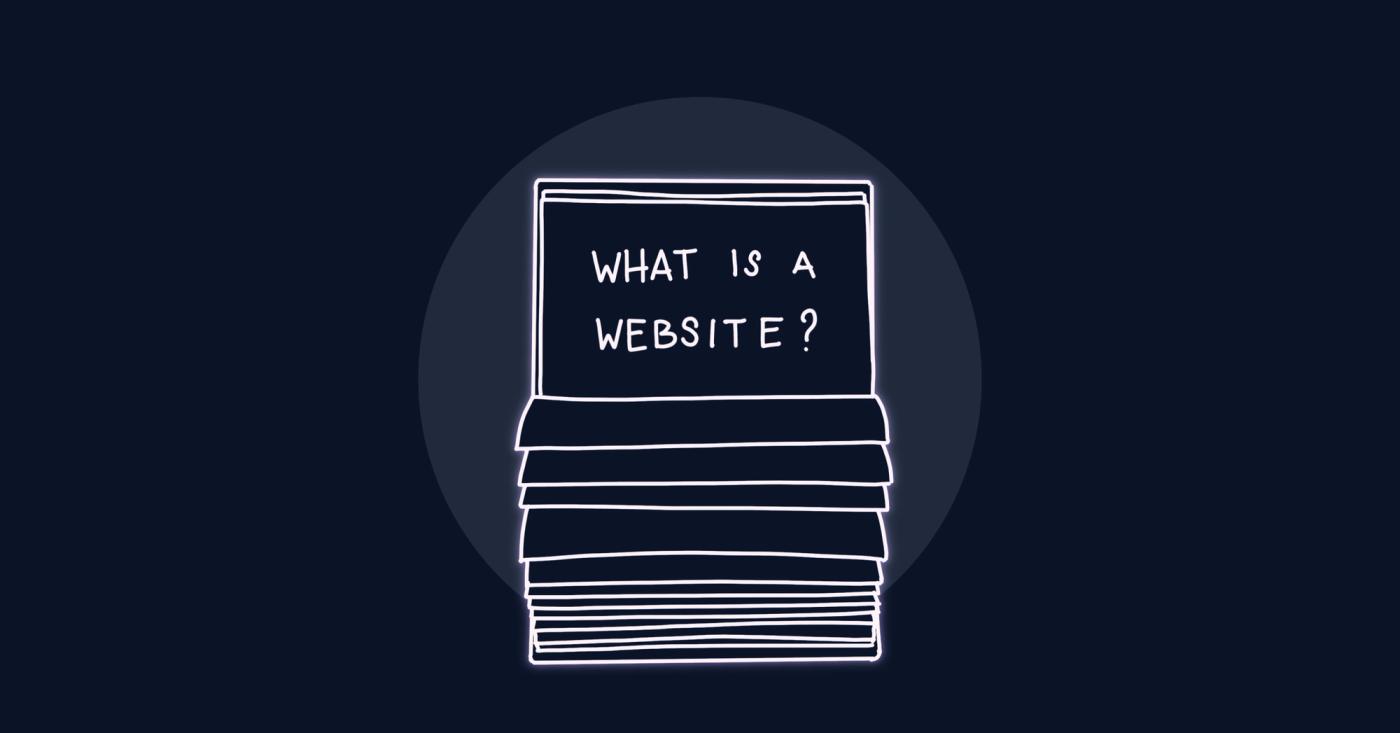
What is a website? An illustrated overview to make sense of various technical and marketing terms that refer to the same or similar parts of a page on the internet
.
We found that the mental model of a book and a library does a reasonably good job at explaining what the various aspects are, that make up the web.
What is the world wide web? Link to this headline
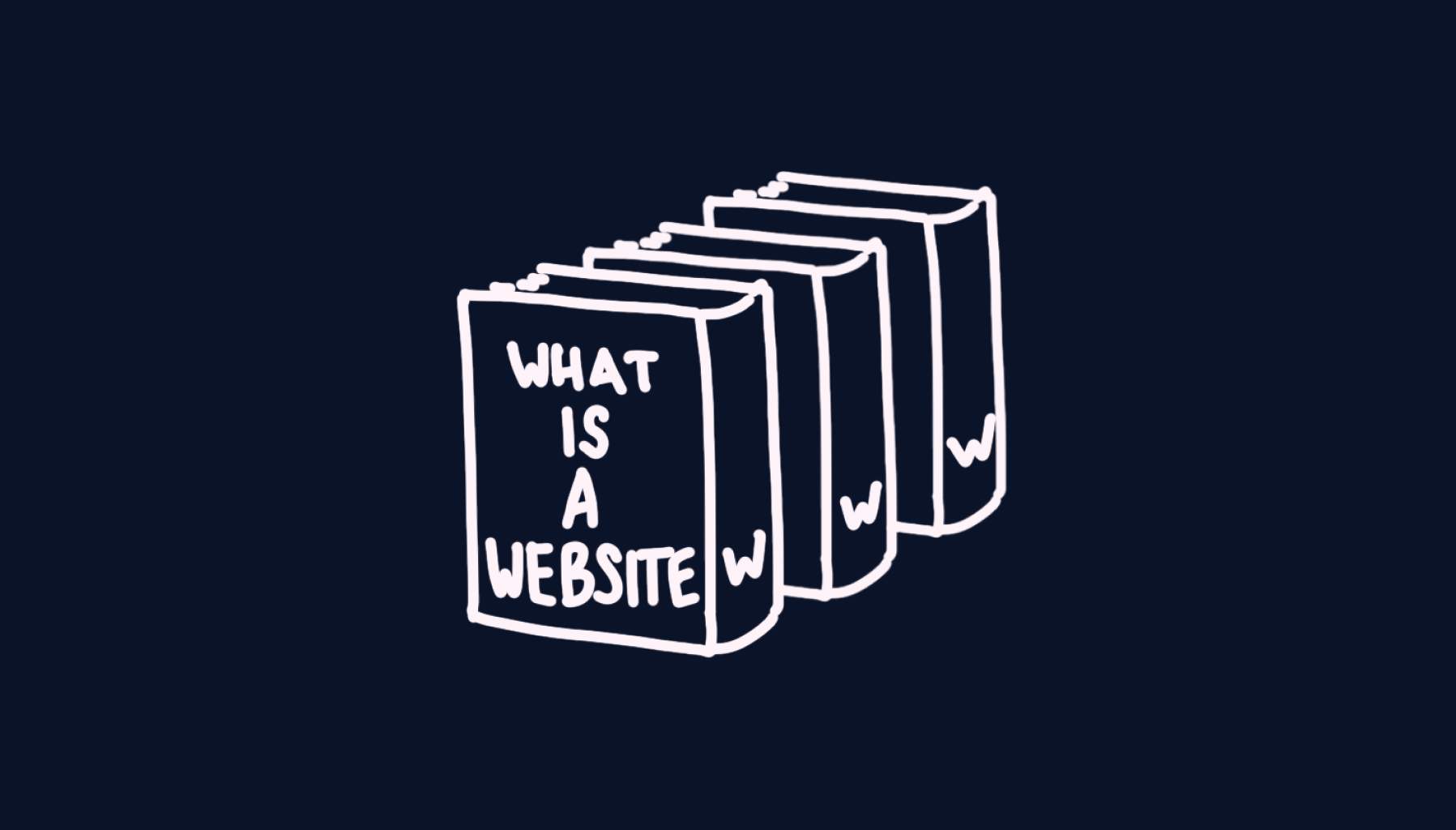
The world wide web (www for short or only “the web”) is to websites what a library is to books. It’s a system to make websites discoverable in a systematic way.
From a technical point of view it comes with a protocol to distribute websites (HTTP), identifiers to locate specific websites (URLs) and a way to format content in a structured way (HTML).
What is a website? Link to this headline
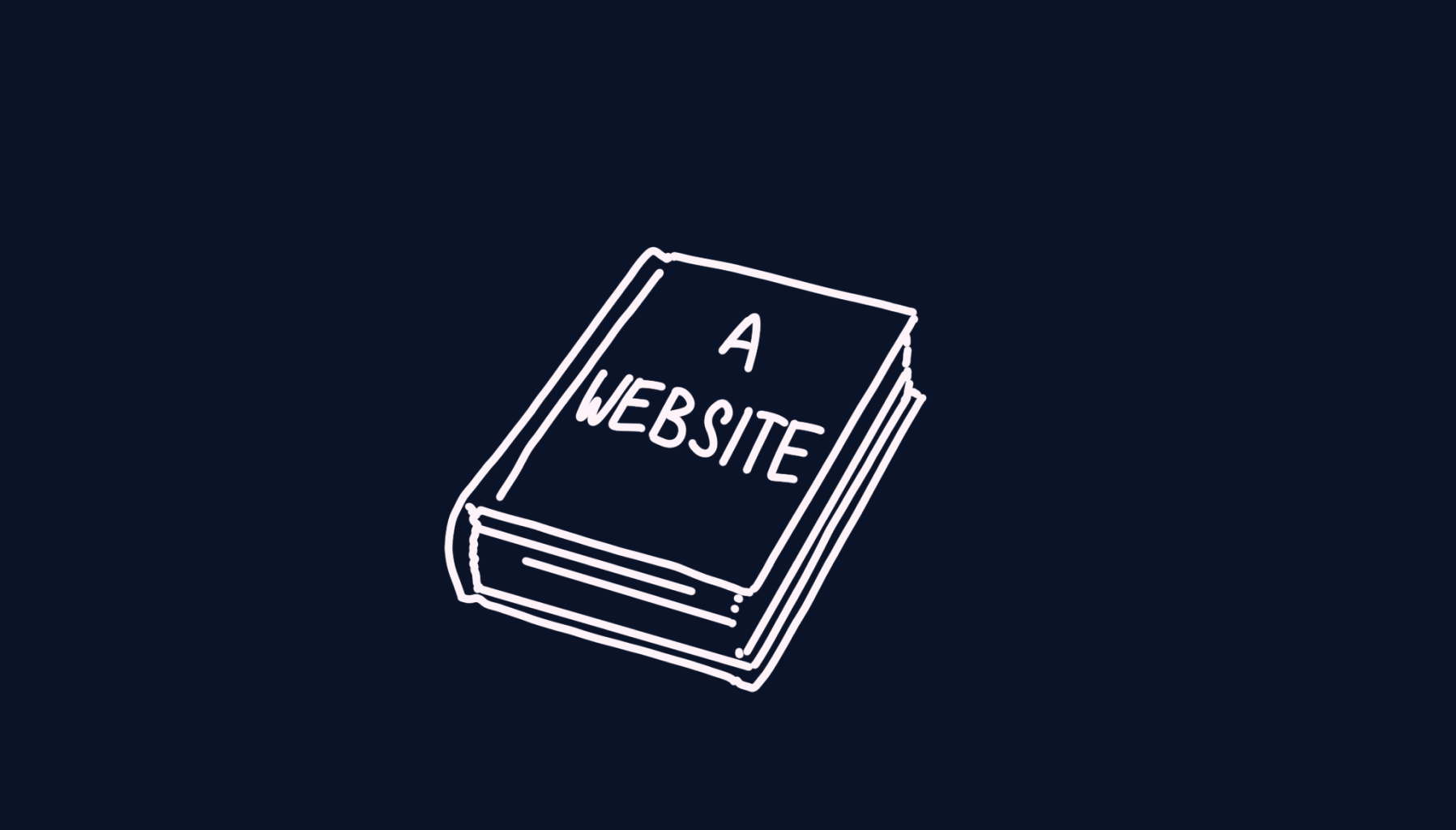
A website can be compared with a book. It is a resource on the world wide web. The term describes the full collection of pages hosted on one domain (URL). The domain works similar to a book’s name: it’s an identifier for a specific page (that you put into the browser’s address bar).
A website example
The online presence showcasing a software product, giving an intro of what it does and giving in-depth information, guides and tutorials on follow-up webpages. E.g. the website of the project management software Linear .
What is a webpage? Link to this headline
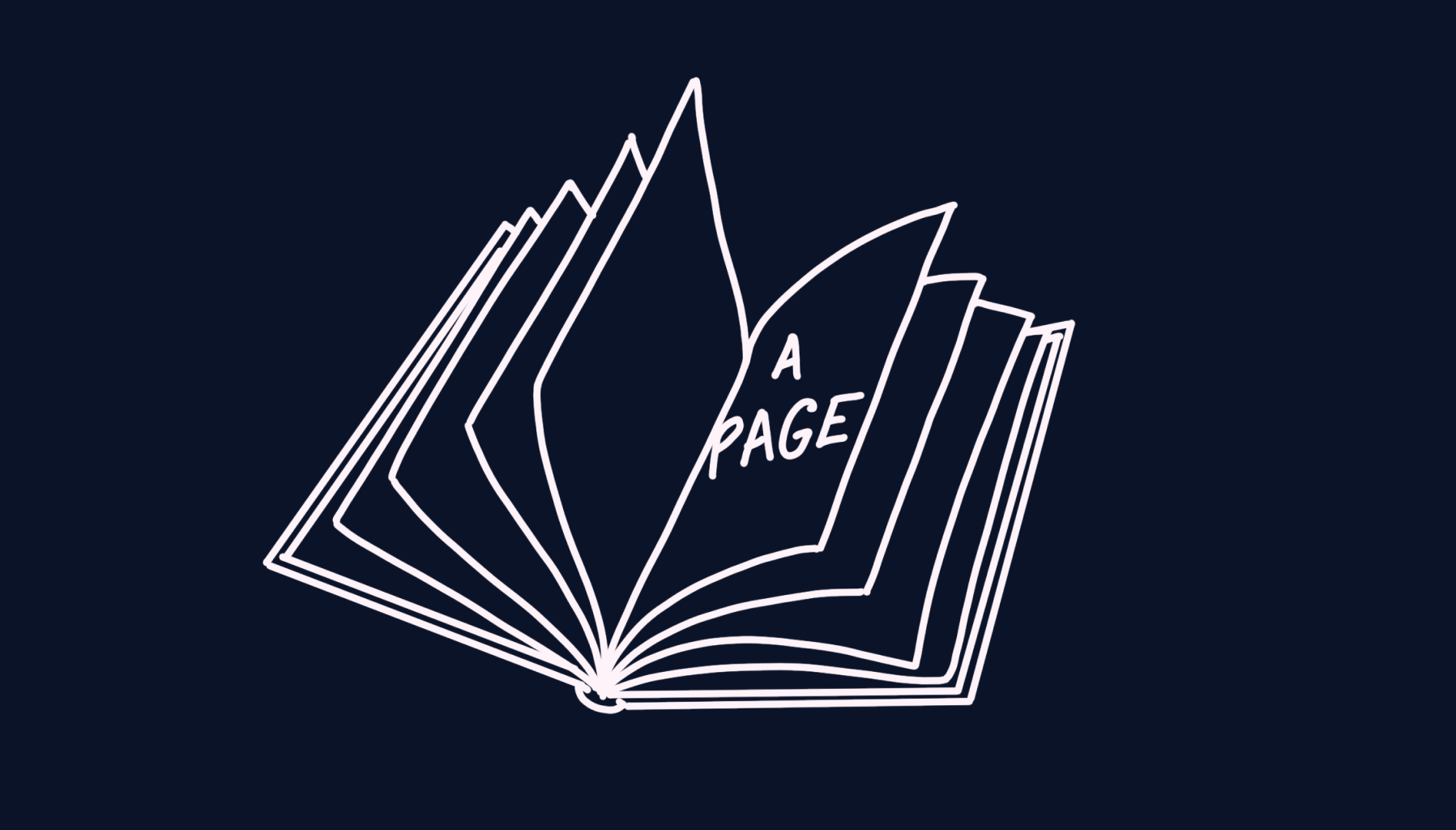
As the name suggests, a webpage (or short “page”) is one of the parts of a website. The webpage is similar to a book page, it is a document presenting text and images (or other media) to visitors who start browsing a website.
A webpage example
In an online shop a webpage would refer to the display of details on a product. E.g. the page with information on the NikeCraft GPS .
What is a homepage? Link to this headline
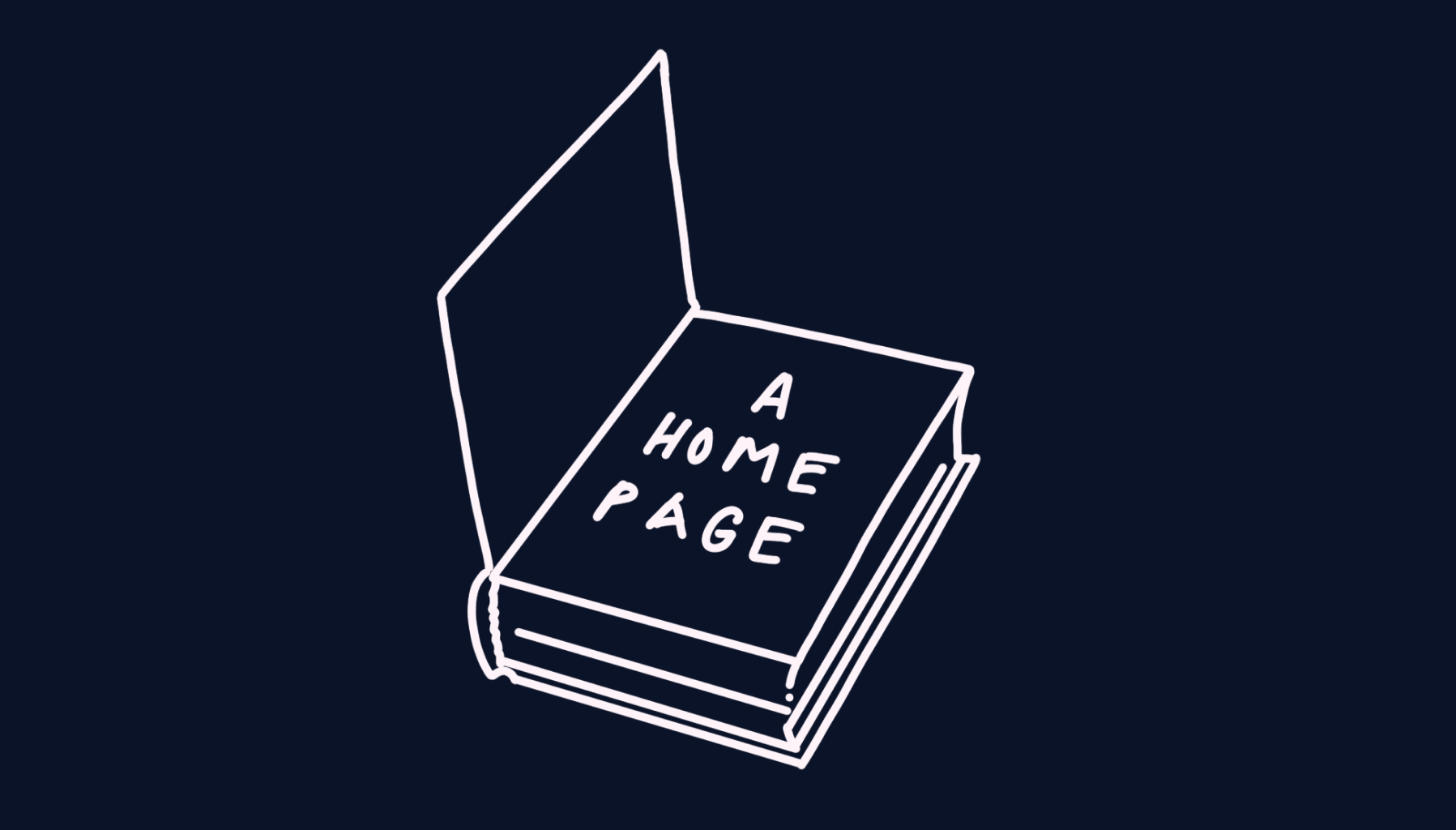
Think about the homepage as the cover of a book. It works like a regular page, and is special in that it is the page that is initially loaded when entering a domain in the browser’s address bar. It is the frontpage of a website that is most likely to be seen first. As that its task is that of a disambiguation page: giving a broad overview over where you’re at and directing visitors to more specific pages. Most often it is hosted at the / URL path.
A homepage example
The first page displayed when navigating to a museum’s website. The homepage will display and link to webpages on current and upcoming exhibitions. It will give information on upcoming events and link to pages with information on tickets and admission. E.g. the product homepage of the Museum of Modern Art .
What is a landing page? Link to this headline
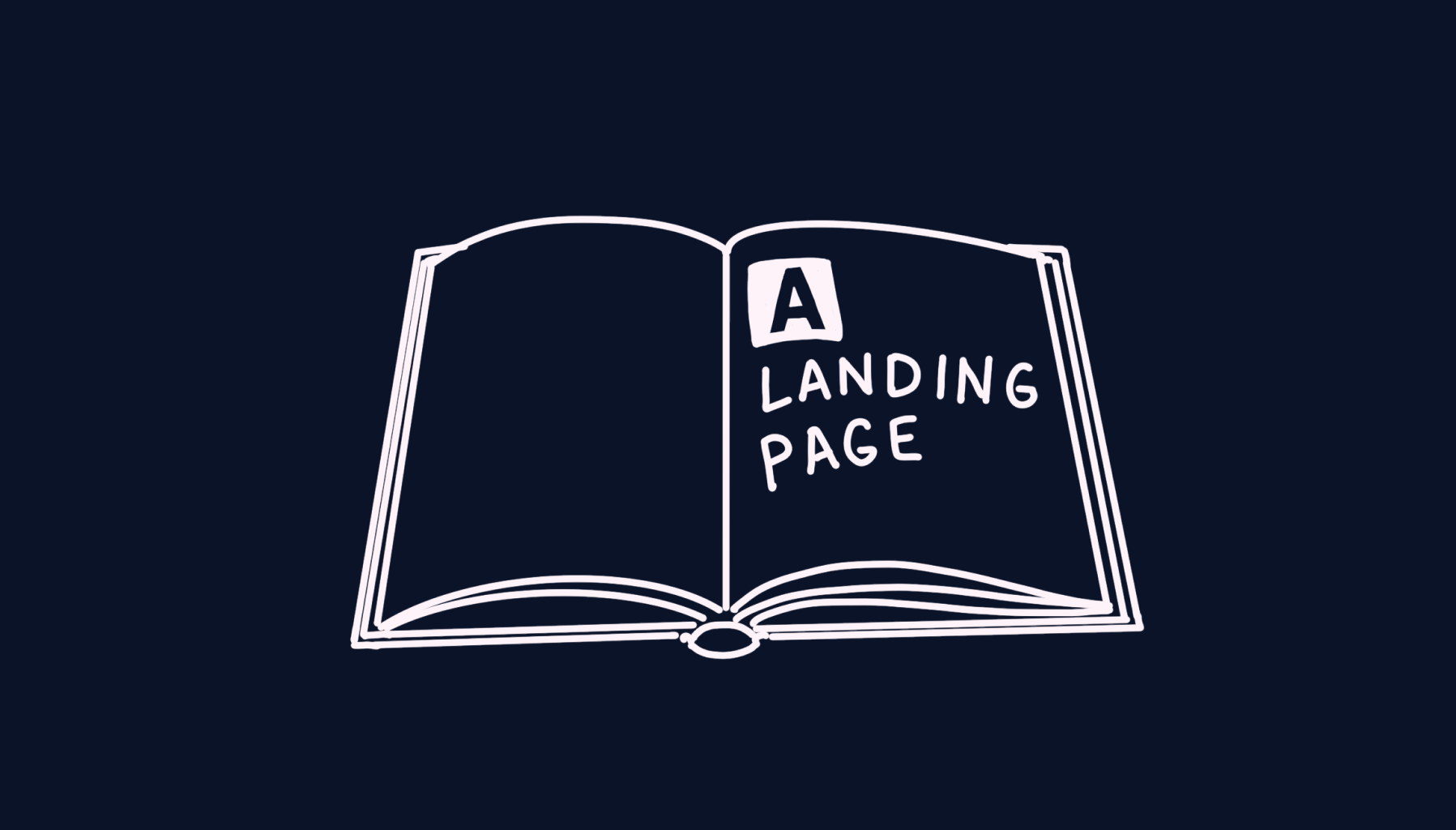
In a book analogy a landing page would be the title page of a chapter. Like the homepage it’s just another webpage with the task to give an introduction. Other than the homepage this is usually a very specialized page, directed at a specific audience and featuring information on a specific topic.
A landing page example
A webpage on a software as a service company’s website that is directed at a specific audience. The goal is to show how the service will solve this audience’s problems. E.g. a walk-through how the Sanity headless CMS supports the creation of great online shopping experiences.
What is a disambiguation page? Link to this headline
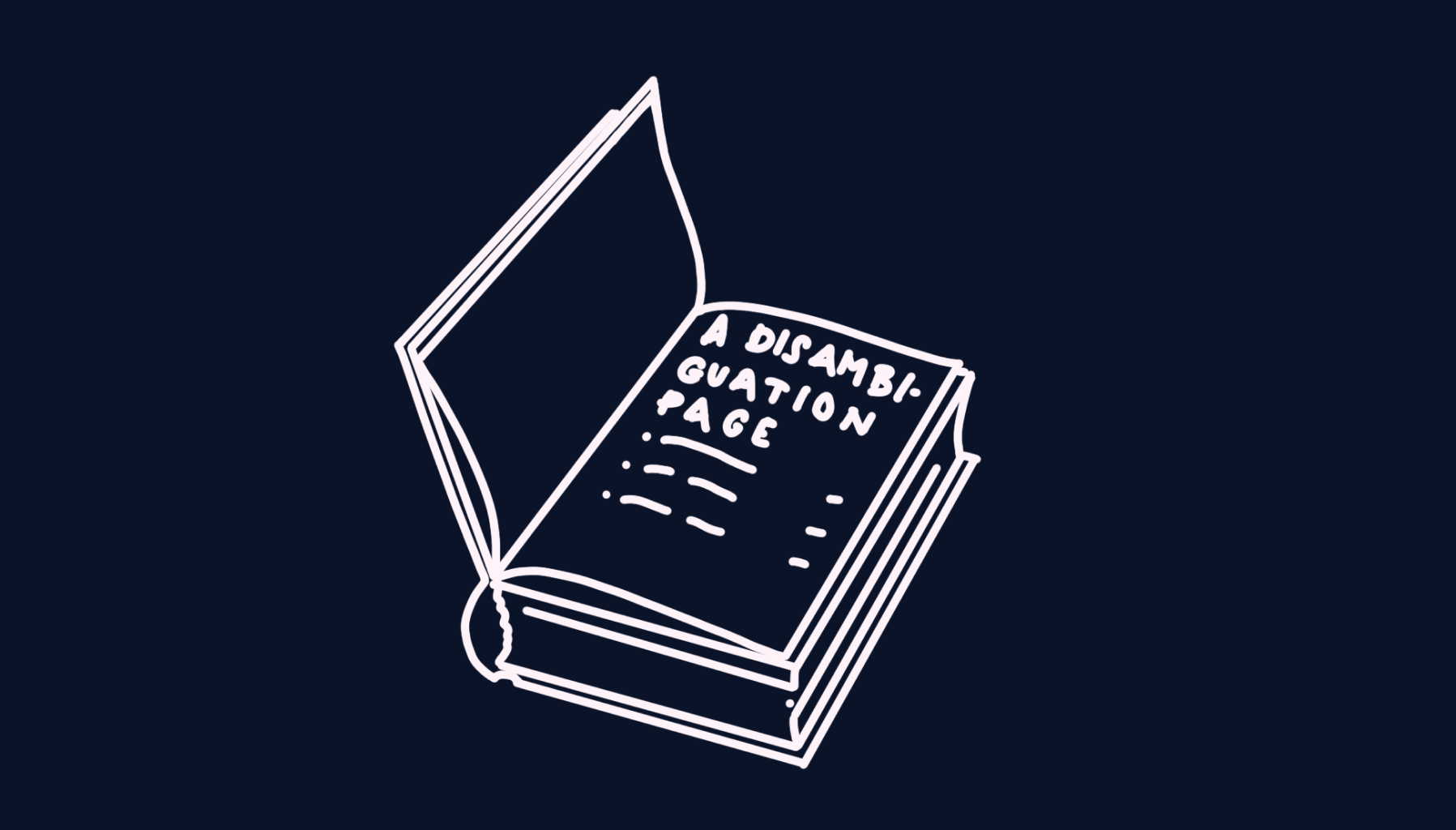
A disambiguation page works a bit like an index in a book. It’s task is to guide visitors to certain parts of the website by skipping past others. In most cases it is used in places where different target audiences are likely to view the same content, but follow-up pages are different per audience. Thus a disambiguation page allows the differentiation where each audience should go next.
A disambiguation page example
The webpage of a store that asks visitors where they are from to offer localized content. E.g. the Apple “choose your country or region” page to get product information for a specific market.
What is a one-pager? Link to this headline
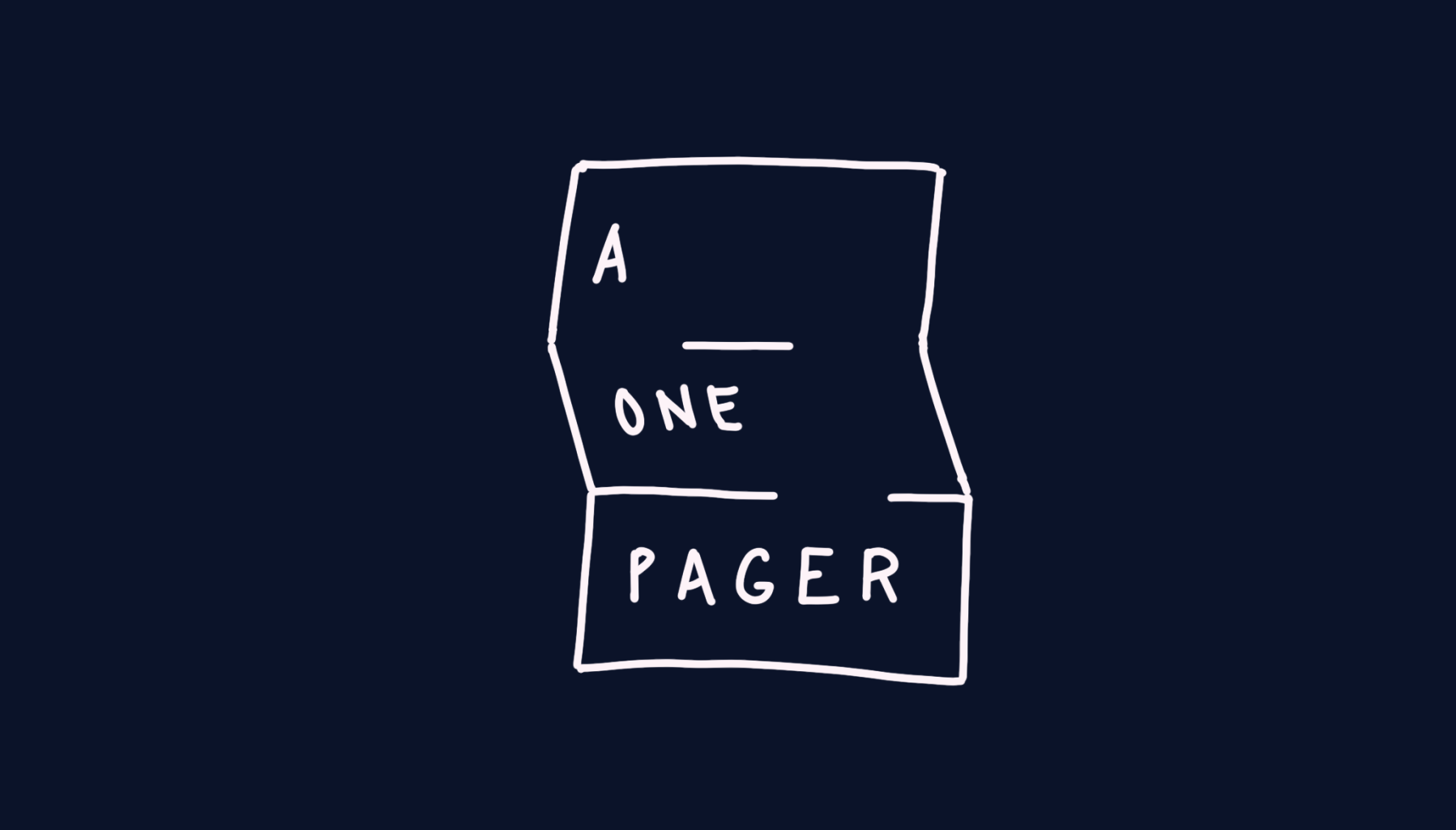
If a website is a book, a one-pager is a flyer: a website made from a single page. It’s often used to advertise a single product or service in an affordable way.
This is the original meaning, in practice nowadays the typical one pager still comes with a few extra pages, if only to display legal and compliance information. A one-pager is not to be confused with a Single-Page-Application.
A one-pager example
One-pagers are often explained like the equivalent to a physical business card, they collect the most crucial information in one place. A main navigation is used to scroll between sections on one long page. E.g. the product page of the NetNewsWire RSS Reader .
What is a weblog? Link to this headline
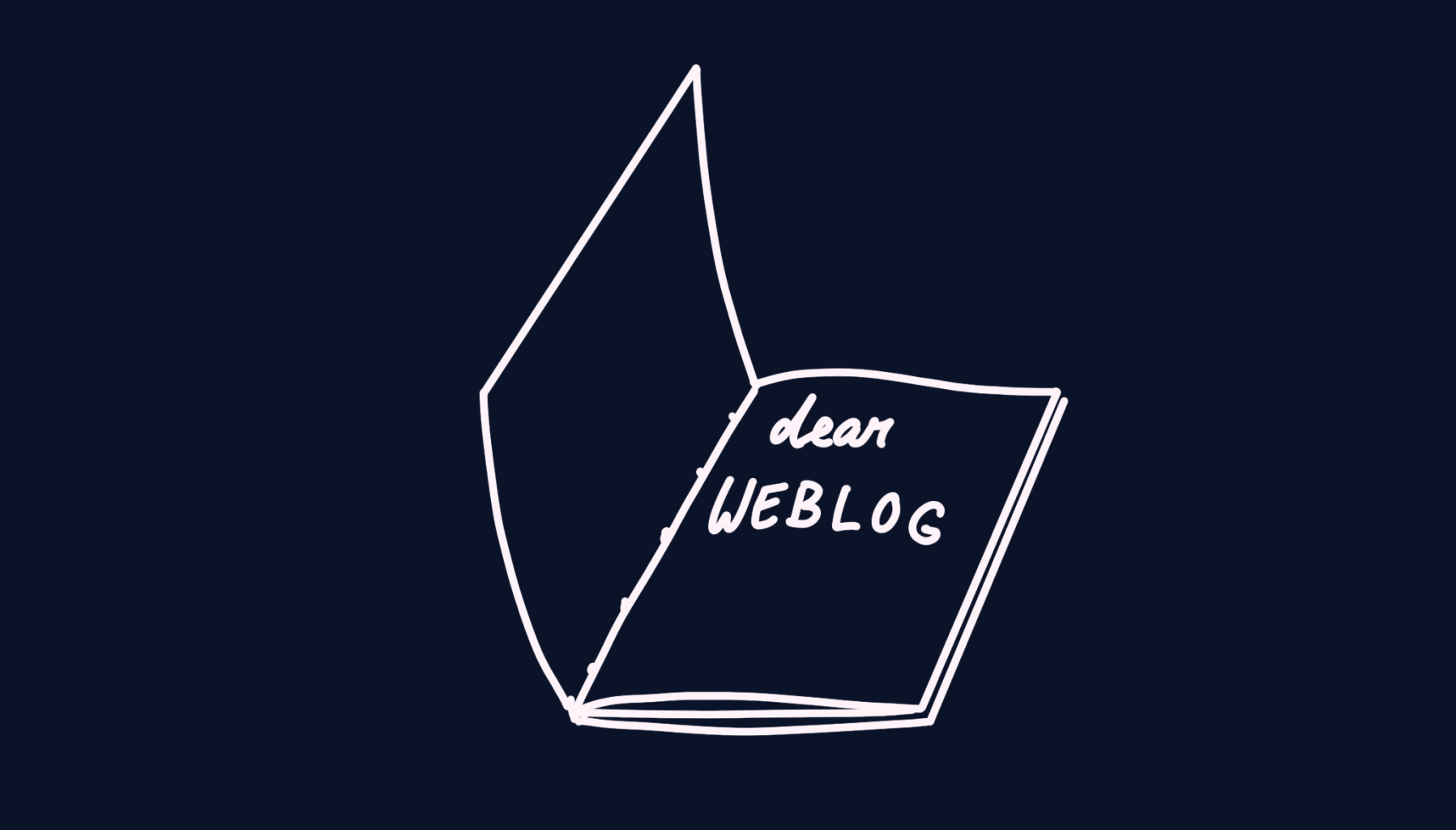
A weblog (or blog for short) is a journal. It’s a website that get updated regularly. A blog usually comes with a couple of additional functionality like RSS feeds, tags and filters to make it easy to discover, sort and find specific content.
A weblog example
A personal or professional collection of notes, thoughts, and essays. E.g. Maggie Appleton’s blog on programming, design and anthropology.
Conclusion Link to this headline
Understanding websites as books can help not only understand the various terms that come along with the technical jargon, but also helps when thinking about the contents and the structure of content on a website. The web is an information system and as such websites benefit from the same ways books break down their content.
Of course, the book analogy isn’t a perfect fit. The web has evolved far beyond the capabilities of physical media. Websites can be dynamic, interconnected, and infinitely scalable in ways that books simply cannot. But as a starting point, this mental model provides a solid foundation for understanding the basic building blocks of the web.

